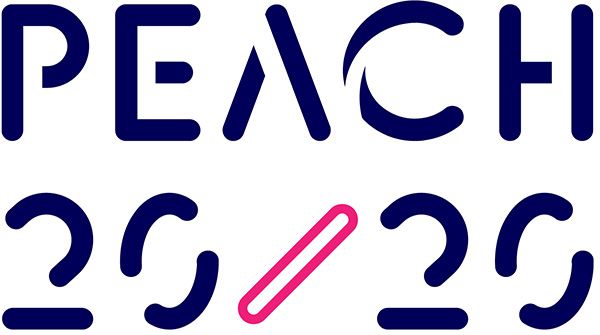Ambitious brands emerging tougher and fitter
)
‘We’re positive and optimistic after tough times’
Many operators used COVID as an opportunity rather than a threat - like all-day café, coffee and restaurant brand Caravan. Co-founder Laura Harper-Hinton said: “Since we've come out of the pandemic we're in a great place. We're feeling really positive and optimistic about where we are, having come through obviously tough times.”
Harper-Hinton and her team used lockdowns to strengthen Caravan. “We looked a lot at the foundations of the business. Some people felt they needed to pivot their business, but we decided not to do that and instead focus on the core of the operation—on what we needed to improve foundationally and get out the other side. That’s been great for us.” Caravan is now back on the expansion trail, with new openings in the pipeline outside its London heartlands.
‘We’ve come out of COVID in a much better place’
Peach Pub Company was another business that used COVID to knuckle down, acquiring pubs, streamlining menus and improving profitability. “We took the opportunity to set out what we're doing and say [to teams] either you're on the bus or you're not. We were quite hard with it and we came out in a much better place,” said operations director Chris Stagg. As it emerged from COVID, the 21-strong Peach group was picked up by the Revolution Bars Group, but the heart of the business hasn’t changed. “Revolution came in with a seek-to-understand mode, and they’ve pretty much left us alone… but there’s also now money for us to grow.”
‘Bars and restaurants came back quickly—but events didn’t’
Contract caterers were hit harder than most by COVID, as public venues closed and big events were pulled. But they too emerged from lockdowns in a changed but toughened state. “70% of what we do is in the event sector. Bars and restaurants came back quickly, but events didn't, because of the lack of confidence,” said John Nugent, CEO of Green & Fortune. But those events have returned, and the business used the pandemic to find some new sites and partners. “Things are pretty buoyant and we’ve just had our biggest month ever,” Nugent said. “There are challenges and bumps in the road everywhere, but we think we’ll get into seven or eight sites in the next three or four years and double our turnover.”
‘It costs much more to do the same business’
For most hospitality businesses, soaring inflation has been the biggest post-COVID problem. “The pressure on the fixed costs is the greatest challenge for us. It’s frustrating that it now costs so much more to do exactly the same business,” said Laura Harper-Hinton. “It’s a balance of how much you can put your prices up to mitigate those costs.”
‘Data is a challenge’
Hospitality has accelerated its use of data and technology during and after COVID, and Chris Stagg said investment in areas like stock control was paying off on the bottom line. Harper-Hinton agreed tech was working well at back of house but gave a realistic assessment of where many hospitality businesses are at the moment. “It's difficult to find the right solutions… we're always looking but to be to be perfectly honest, we're still quite analogue.” Integration is another issue. “It’s a challenge because there's a lot of data available, but it doesn't talk to each other,” Nugent said. Technology providers and equipment manufacturers can support here, by training staff and helping operators measure their savings and returns on investments.
‘People are more interested in sustainability and health’
A recent report by Peach 20/20, CGA and Nutritics highlights the urgency of action on sustainability, and panellists agreed it’s a growing concern. “People are definitely more interested in sustainability and the provenance of food, and they’re also eating a lot healthier,” said Harper-Hinton. Peach Pub Company has meanwhile cut its waste and energy use, including by switching from gas to induction hobs. “It’s really beneficial, but it’s also a huge investment,” Stagg said.
‘We can proudly say we’re not a low-paid industry’
Rising wages are another big issue for most operators. But if they help businesses keep people longer, they can be a net positive. “The people cost is a challenge, but it’s something I actually agree with. The London Living Wage going up is a great thing. You’ve obviously got to build it into your numbers… but [improving] retention is a really important way to minimise recruitment costs,” Harper-Hinton said.
“We can all stand proudly and say we are not a low-paid industry—that was the perception in the past,” agreed Nugent. Green & Fortune now gets a levy from corporate clients to bolster team pay and benefits like cost of living payments and wellbeing initiatives. “These things are important for retention. But they’re also important for our clients, who can know that our people are being looked after, just as they look after their own.” At Peach Pub Company, profit share schemes and hiring from overseas have helped keep team turnover low. “Retention’s absolutely key to us, because it’s cheaper than buying new,” said Chris Stagg.


